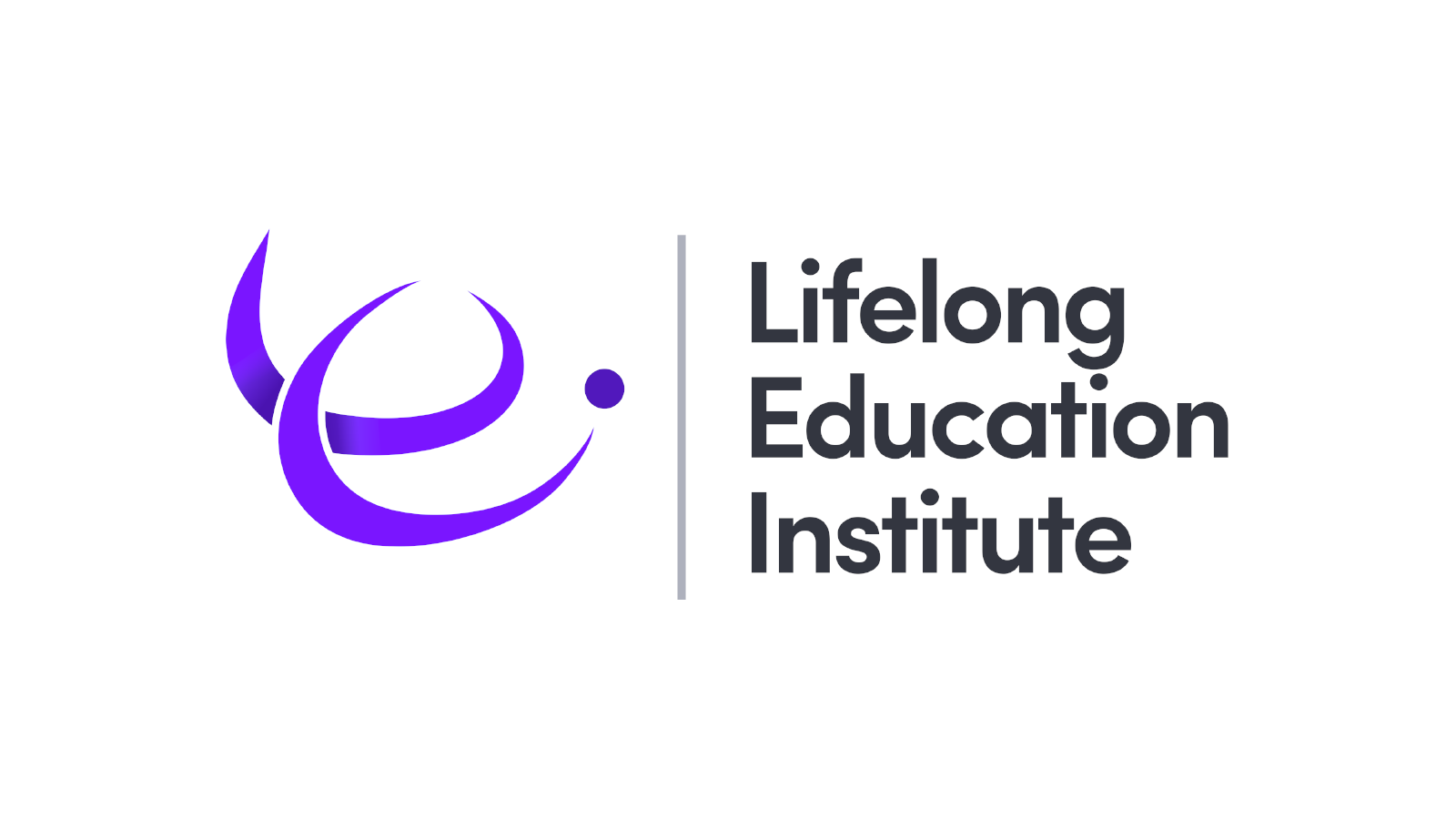Funding for higher education is falling in real terms not helped by the freeze on tuition fees and record levels of inflation. With more universities reporting an operating deficit, how can the sector deliver on lifelong learning in the face of an existential funding crisis?
The way institutions are funded is an essential part of this conversation, but the debate also needs to address what is on offer, as well as how and when we pay for it. Structural change is required to meet this challenge and realise a new market for lifelong education, in addition to the current offer for 18–21-yearolds, who will commit to a full-time degree.
This paper makes the case for the introduction of an Adult Skills Account – a contribution scheme that can help share the cost of bite-sized training between employee, employer, and state.
We argue that such a mechanism can help stimulate participation in education and training among the working population and provide a pathway to higher education, including the take up of loans such as the Lifelong Learning Entitlement.

